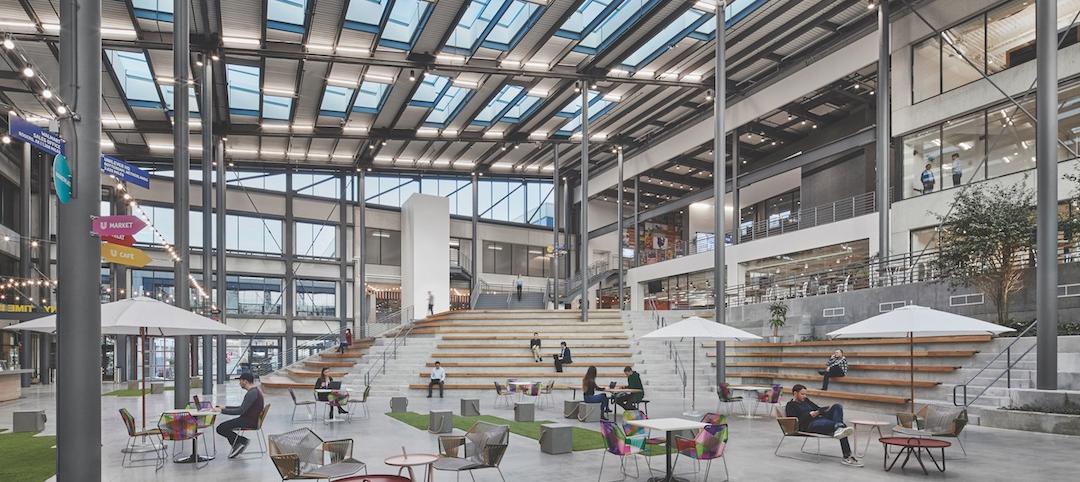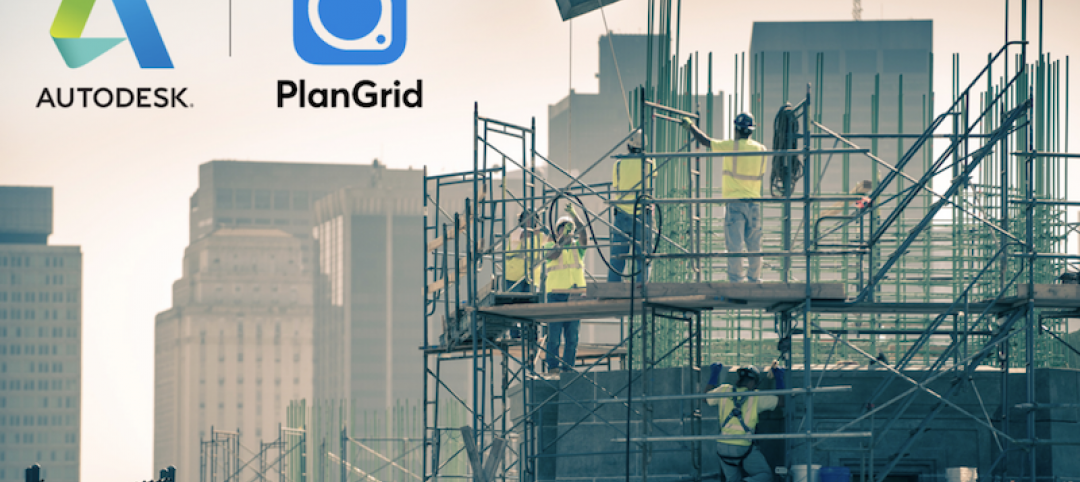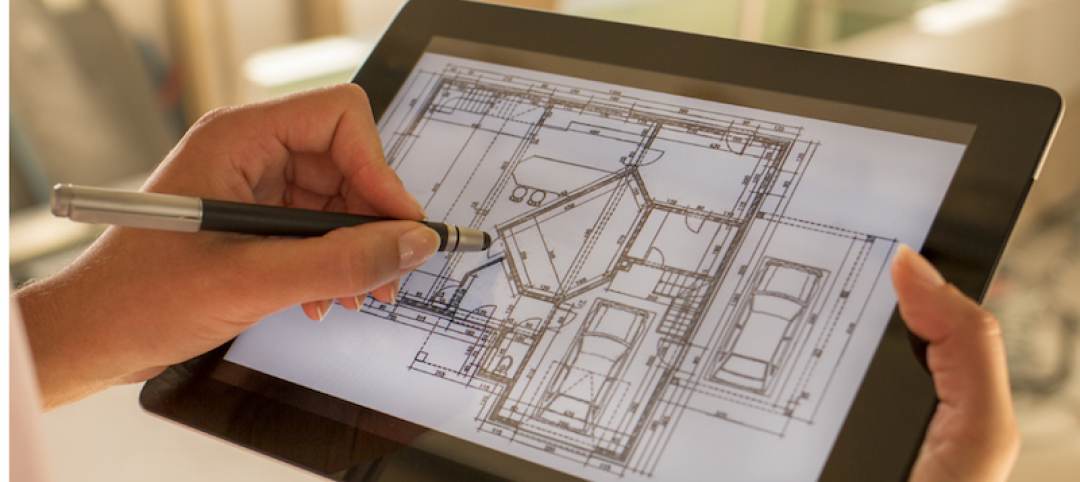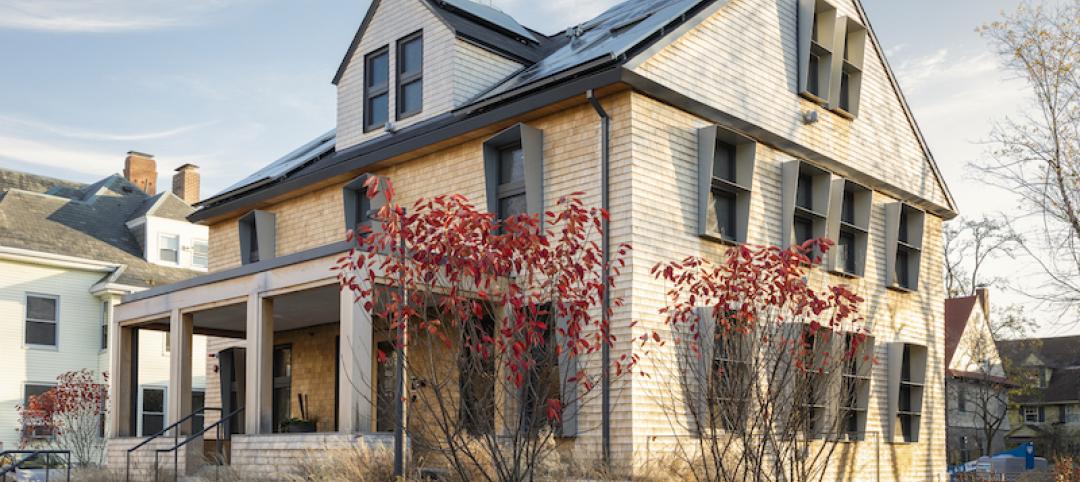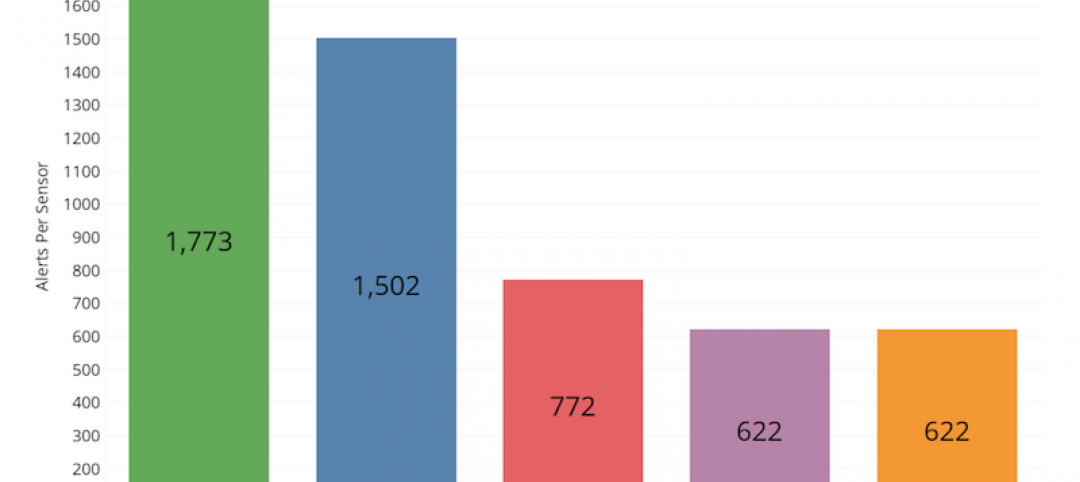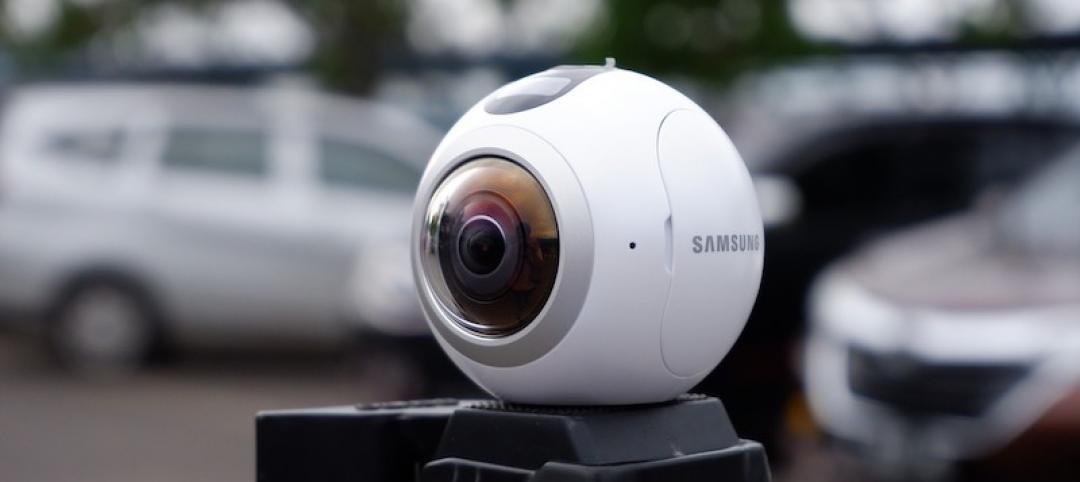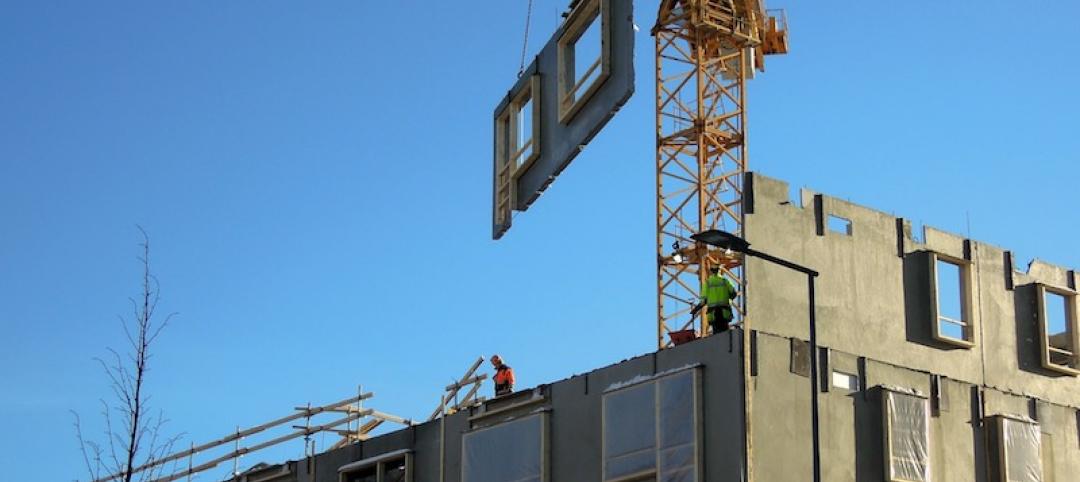Artificial intelligence doesn’t always get the best wrap. From fictional takes on the technology such as Skynet, from The Terminator series, destroying the world and Westworld’s new foreboding take on AI, to Stephen Hawking’s very real warning that artificial intelligence could end mankind, AI certainly doesn’t get as much love as other novel forms of technology like augmented reality or drones.
That doesn’t mean, however, AI isn’t currently being used for very useful applications. For example, a software firm based in Milan, Italy has been attempting to use machine learning algorithms to help buildings predict when their critical systems are about to fail.
According to newscientist.com, CGnal recently analyzed a year’s worth of data, such as temperature, humidity, and electrical use, from heating and ventilation units in an Italian hospital. The data related to appliances in operating theaters, first aid rooms, and corridors.
The firm then trained a machine learning algorithm on data from the first half of 2015 and looked for differences in the readings of similar appliances. When it was tested on data from the second half of the year, the system predicted 76 out of 124 real faults, including 41 out of 44 where an appliance’s temperature rose above tolerable levels, with a false positive rate of 5%, newscientist.com reports.
Augury, a start-up based in the United States, is also experimenting with machine learning. The company uses acoustic sensors that they install in machines to listen for audible changes in function in order to achieve the same result of predictive monitoring. So far, Augury has used the technology to diagnose machines in facilities such as hospitals, power plants, data centers, and a university campus.
By predicting these issues before they occur, facilities could be fixed before a crash ever occurs, saving time and money.
Related Stories
Building Technology | Feb 21, 2019
Smart buildings take hold: 8 ways smart tech is transforming commercial buildings
The next generation of intelligent buildings offers promise for unseen levels of energy efficiency, optimization, and occupant health and productivity.
Building Technology | Dec 20, 2018
Autodesk is spending $1.15 billion to acquire two construction tech providers
PlanGrid and BuildingConnected are the latest pieces in the company’s quest to digitize the construction industry.
Building Technology | Dec 18, 2018
Data and analytics are becoming essential for EC firms competing to rebuild America’s infrastructure
A new paper from Deloitte Consulting advises companies to revise their strategies with an eye toward leveraging advanced technologies.
3D Printing | Dec 7, 2018
Additive manufacturing heads to the jobsite
Prototype mobile 3D printing shop aims to identify additive manufacturing applications for construction jobsites.
Energy Efficiency | Dec 5, 2018
Harvard debuts HouseZero as a possible response to making existing buildings more efficient
Hundreds of embedded sensors will inform energy use reduction research.
Building Technology | Oct 15, 2018
Construction continues to be vulnerable to cyberattacks
The latest report from eSentire finds a total of 4 million “hostile events” against all sectors during the spring months.
Building Technology | Sep 20, 2018
A new report tracks industry preferences for building documentation tools
More firms are adding scanning and photography to their services.
Building Technology | Sep 17, 2018
A future-ready office building for techie workers will soon spring up in New York City
Groundbreaking for the 20-story 14th@Irving is scheduled for early next year.
Building Technology | Sep 13, 2018
McKinsey report assesses where opportunities could lie in construction technology
McKinsey & Co. sees systems integration and talent acquisition as key investment drivers.



